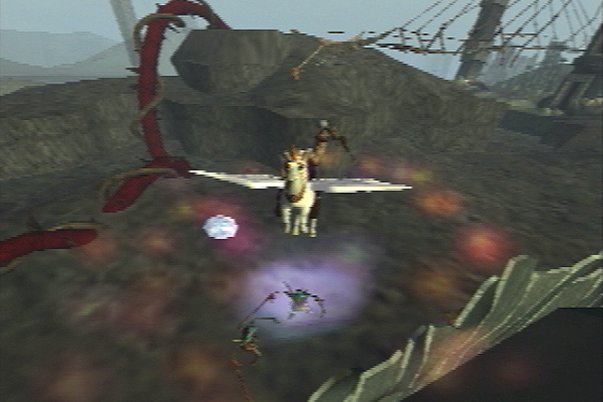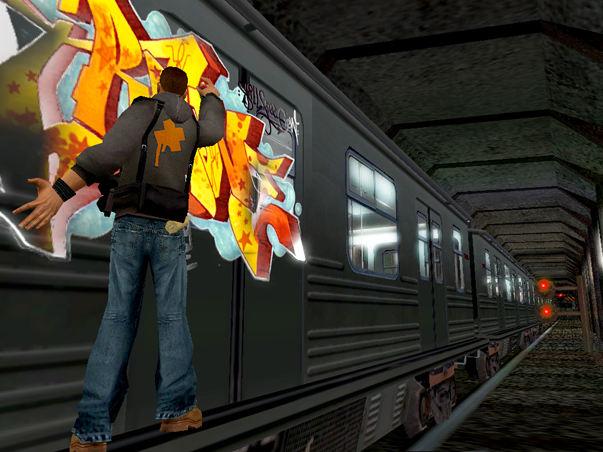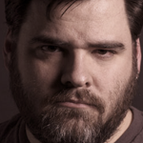The Top 7... Franchise failures
Take a look back at some of the industry's most fantastically disastrous non-starters

Above: Yes, this is seriously theleast hideousscreenshot of PRYZM we could find. It's not a pretty game
The ambition: For whatever reason, the brains at publisher TDK Mediactive seemed convinced that all it would take to make a game sell like hotcakes was to price it at $20, which apparently was rare in 2002. "Not only have the evil forces of high game prices brought darkness and strife to the lands," read an actual TDK press release, "they have also twisted and corrupted the inhabitants into malignant shades of their former selves, summoning renters instead of buyers. But have no fear, PRYZM is here!"
By that logic, it's understandable why they assumed PRYZM would sell well enough to be a long-running series, and titled it accordingly. It wasn't hubris so much as a complete misunderstanding of how gamers make purchasing decisions.
What killed it? How many of you want to actually spend money on a game about an old man riding a unicorn? Show of hands? OK, now how many of you are either eight years old or stoned to the gills right now? Yeah, that's what we thought.
6. Marc Ecko's Getting Up: Contents Under Pressure
2006 | PS2. Xbox, PC
The game: Fashion designer-turned-game-developer Marc Ecko might take issue with us calling Getting Up a failure, but his displeasure won't pull the game out of bargain bins. For a graffiti-themed action game with political pretensions, though, Getting Up wasn't half-bad. Starring an underdog street artist named Trane, it packed fun, Prince of Persia-style acrobatics, flawed-but-competent brawling and a surprisingly engrossing story. It also brought together an impressive voice cast that included hip-hop artist Talib Kweli, actress Rosario Dawson and a slew of real-life graffiti legends who couldn't act worth a damn. Still, though.

Above: Getting Up was a better game than it got credit for, and this high-speed train sequence was one of its highlights
The ambition: While Getting Up was a self-contained story (and one for which the movie rights were quickly sold off to MTV), Ecko made no secret of his intention to build on its would-be success with Getting Up sequels and other projects. "This is my first baby," said Ecko in an interview with the New York Metro. "The next baby will be twins or triplets." (Whatever that means.)
Sign up to the GamesRadar+ Newsletter
Weekly digests, tales from the communities you love, and more
What killed it? Ecko's assertion that gamers "have a bug up their ass for anything urban" was partly right. But what he failed to take into account was that, by the time Getting Up had hit the market, gamers had excellent reasons to be leery of "urban"-themed games. Following the success of Grand Theft Auto, we'd all been subjected to insulting me-too dreck like 187: Ride or Die, Crime Life: Gang Wars and 50 Cent: Bulletproof.Getting Up needed to prove itself, and showing up with a fashion designer's name stamped on its box wasn't the way to do it.
Those who didn't read up on it dismissed it as brand-saturated advergaming crap, and lukewarm reviews (and a huge diss from Penny Arcade) drove away the rest. In the end, even harsh condemnation from clueless politicians couldn't keep the game from bombing, and Ecko's future as a game designer - as well as the future of graffiti-themed games in general - was left shrouded in uncertainty.



